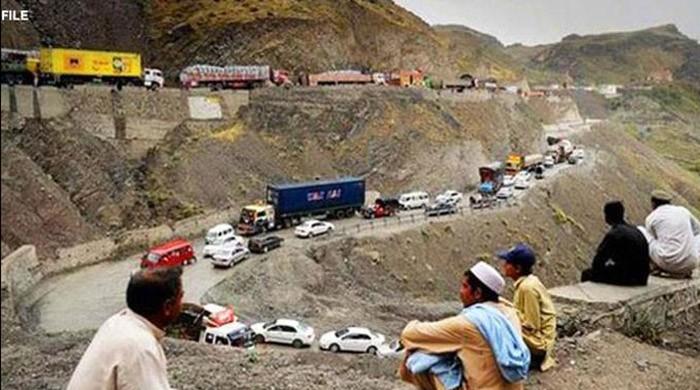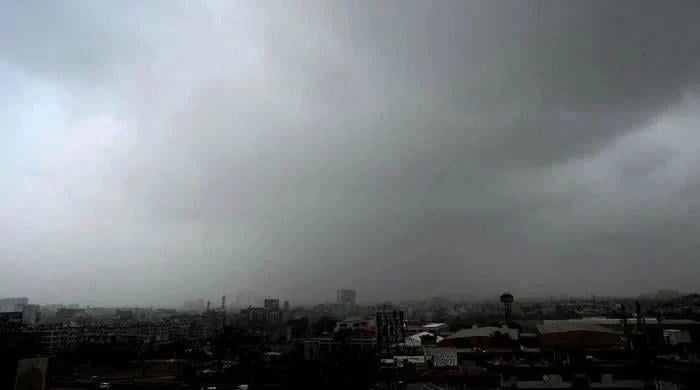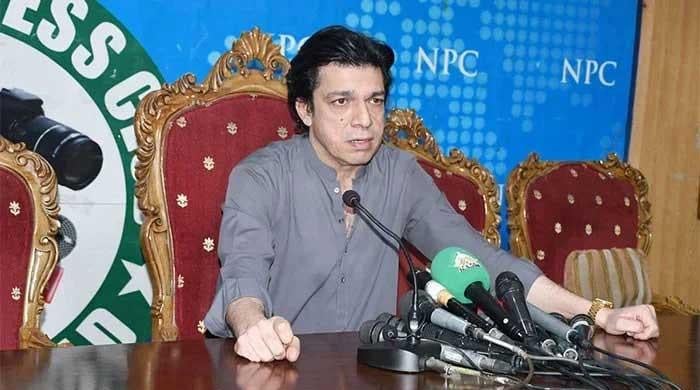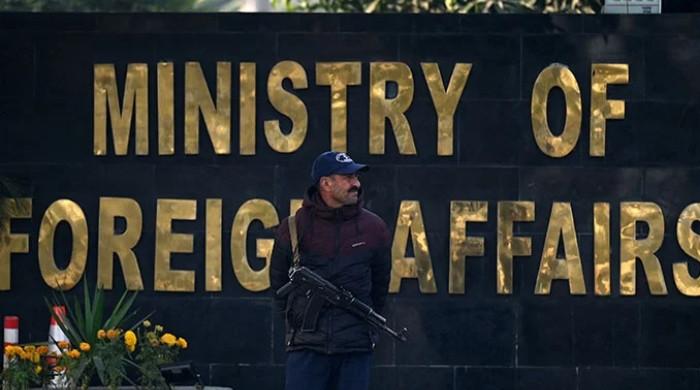Border closure is hurting Afghanistan and Pakistan
For a brief moment, on Tuesday, Pakistan reopened its two main border crossings with Afghanistan. More than 23,000 Afghans visitors, stranded in Pakistan since the last 18 days, went home. ...
March 09, 2017

For a brief moment, on Tuesday, Pakistan reopened its two main border crossings with Afghanistan. More than 23,000 Afghans visitors, stranded in Pakistan since the last 18 days, went home. Then, on Wednesday, at 11 p.m., the gates closed again, this time for an indefinite period.
Pakistan first sealed the Torkham and Chaman crossings midnight on February 16, after a blitz of bombings in the country that killed over a 100 people in ten days. Islamabad says Kabul has failed to act against terrorist sanctuaries on their soil.
“In order to provide an opportunity to those nationals of Afghanistan who had come to Pakistan on valid visas, and wish to return to their country, the Government of Pakistan has decided to open the border crossings at Torkham and Chaman on 7th & 8th March,” read a press release by the Ministry of Foreign Affairs.
The people, most old and ailing, were accommodated. But the traders on both side of the 1,600-mile border continue to loose out.
The two crossings are a major channel of trade and commerce between the landlocked neighbors. Yet, today, upward to 1,200 containers and trucks full of eatables, such as meat, milk, eggs and biscuits are waiting to cross over into Afghanistan. Similarly, on other side several hundred trucks full of fresh and dry fruits have been unable to move.
Experts say the border closures is hurting Pakistan as much as it is Afghanistan. “This will affect us in the long run,” says Rustom Shah Mohmand, Islamabad’s former Ambassador to Kabul, “Already our exports to Afghanistan have dropped from $2.5 billion to $ 1.3 billion due to the uncertainty.”
Desperate, some traders are moving their goods to the Iran’s seaports of Bandar Abba and Chabahar. “The exports are shifting to Iran, which is an irreparable loss for Pakistan,” Zia-ul-Haq Sarhadi, Senior Vice President at the Pak-Afghan Joint Chamber of Commerce, tells Geo.TV, “Traders are being forced to pay extra rent on their vehicles and other taxes to the truck owners and companies.”
On a normal day, an average of 500 trucks use the border posts.
“The traders pay Rs.10, 000 per vehicle to the Pakistani government,” explains Ibrahim Shinwari, a journalist in the tribal areas, “But now, more than 5,000 customs clearing agents and staff are out of work, 3,000 taxi drivers are struggling to make ends meet, and hundreds of cart pushers are jobless. The numbers keep adding everyday.” Afghanistan, he further adds, is heavily reliant on Pakistan for construction materials.
Pakistan has longed complained that Afghanistan allows Pakistani Taliban to operate from its provinces. It says militants who came from cross the border carried out this year’s terror attacks. The border conflict further escalated, when Pakistani forces began shelling in Afghan territory. “Pakistan had the right to target terrorists in Afghanistan. We have already done it and will continue to do it in the future,” said Pakistan’s Defense Minister.
“That is unfair. Kabul does not control 40 percent of its territory,” explains Mohmand, “Also, terrorists do not use official border points. It is a porous border, there are many other safe passages to get in.”
Mehmood Jan Babar is the bureau chief at the Peshawar office of Geo Television. He tweets at @MehmoodJan1









